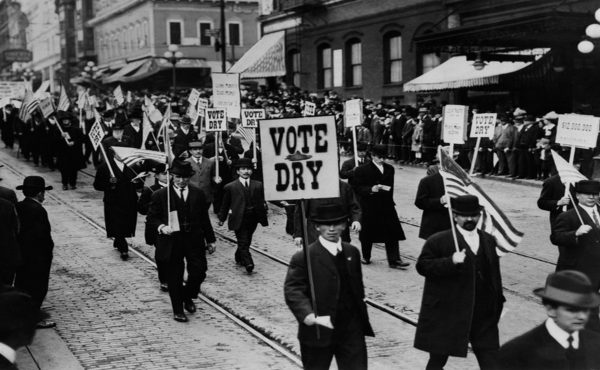
Last night I did an interview with Councillor Shelley Carroll for the next issue of Spacing. But Carroll is one of the great gabbers at City Hall so once we’d finished the interview I was given an education on the next phase of electoral reform that Carroll wants to champion in the 2010-2014 term of city council (the current phase being eliminating corporate and union donations to candidates). I want to share the salient points of this reform proposal with Spacing Toronto readers because Carroll’s ideas, while formed, haven’t even begun to be implemented so there’s a great deal of room to have your opinions considered by the folks at City Hall who keep an eye on this blog.
At present, the great equalizer in Toronto’s municipal elections is supposed to be a rebate system that allows individuals who donate money to candidates to claim a cash rebate for a percentage of their donation after the election is completed. For example, a person who donates $100 to their preferred candidate is eligible for a $75 rebate. However, that means that a donor might have to wait as much as 12 months to get their rebate and will only get it if the candidate files their paperwork properly. Although the rebate system has been lauded by election reform activists and held up as a model for 905 municipalities to use to democratize their elections, the rebate system does limit the participation of people who can’t afford to wait for their rebate.
What Carroll is proposing is, she says, similar to New York City’s model of election financing. In NYC, Carroll told me that campaigns are financed through a system of grants. The grants system allows candidates to submit the donations they receive to the City at preset dates (possibly every couple of months early in the year and every week as Election Day nears) and get topped up to the same amount the City would have previously provided a rebate for. For example, if a donor makes out a cheque for $25, when the candidate they have donated to supplies their paperwork to the City the candidate will be sent an additional $75 for that donation.
Carroll says that this will have three primary benefits. First, it will be easier for grassroots candidates — particularly younger candidates and women — to finance a campaign that requires tens of thousands of dollars to partake in with any hope of success. Second, as candidates file their paperwork, the City will be able to immediately list their donors online so people will know who has taken money from whom before they cast their vote. And, third, it will place more of the election audit function with the City rather than the candidates for election, which will cut down on the number of legal challenges to the audits of winning candidates.
The only downside I can see off the top is that the City will have to increase the amount it budgets for election finance because more people will be encouraged to donate more money than before. But a few extra dollars to support a further democratization of the political process is an investment I’d support.
What do you think?
Photograph by Matthew Blackett.




5 comments
If I read this right, would another big benefit of this system be that it makes it easier for citizens to donate, leverages their donations, and generally makes it easier to participate (financially) in elections?
But it sounds like a great idea.
I made a donation to a (losing) candidate in the 2006 election and still haven’t seen my rebate.
I was expecting them to talk about some kind of proportional representation, or at least instant run-off voting.
If she’s serious about reform let’s limit the number of terms a councillor or mayor can sit and most importantly eliminate the unused donations accounts incumbents keep from election to election. If Carroll is serious about leveling the field and giving opportunity to new blood then this is a powerful item as it gives an incumbent incredible advantages over any challengers.
I agree that there should be a limit to the number of terms someone can run in a row, say 2 then they would have to sit out one, but then could run again if they liked. Right now people just get elected and then they mostly keep getting re-elected until they retire or decide for whatever not to run again. It makes the elections in most ridings a real bore and may be one thing that contributes to dismal turn outs in our municipal elections.
Also, does anyone know if there is a limit to how much each candidate can spend right now, what it is and about how much the city spends on this kind of thing right now?
Yes, Asher, those are all benefits of the system Carroll is proposing. In my mind those are included in the first benefit I listed but I probably should have articulated it as you did.
Kristin, there is a limit on spending but it’s set through a formula. There’s a base amount (I want to say it’s $15,000 but I’m not 100%) and then they add the number of constituents in the riding according to StatsCan multiplied by a fairly small dollar figure (significantly less than $1 per constituent). Most candidates have $30-40k to work with. But there are loopholes that allow more money to be raised if it’s for fundraising and, I believe, thanking volunteers. A couple of councillors use this loophole so much that it makes you question the integrity of the system.
On term limits I’m of two minds. I think there’s a real need for new ideas to rotate through our elected institutions on a fairly regular basis but then I look at Bush’s last term in office (as well as virtually every other two term US president) and see that term limits create a set of their own problems.